
Discover how to select the perfect AI chatbot platform for your business needs.
Understanding the Importance of AI Chatbot Platforms
AI chatbot platforms play a crucial role in enhancing customer engagement and improving business operations. These platforms utilize artificial intelligence technology to create chatbots that can interact with customers and provide them with information, assistance, and support. By implementing an AI chatbot platform, businesses can automate repetitive tasks, reduce operational costs, and enhance customer satisfaction.
Benefits of AI Chatbot Platforms for Businesses:
- 24/7 customer support availability
- Simultaneous handling of multiple conversations
- Efficient handling of large volumes of customer inquiries
- Personalized recommendations and suggestions based on customer preferences and interactions
Additional Benefits of AI Chatbot Platforms:
- Collection of valuable data and insights about customer behavior and preferences
- Analysis of data to identify trends, patterns, and customer needs
- Facilitation of data-driven decision-making to improve products or services
- Enhancement of customer engagement and operational efficiency
- Maintenance of competitiveness in the digital age
The chatbot industry has been growing steadily even before the pandemic. In 2020, the chatbot market was valued at $17.17 billion and is projected to reach an incredible $102.29 billion by 2026, registering a compound annual growth rate (CAGR) of 34.75% in the forecast period 2021 - 2026! - Landbot
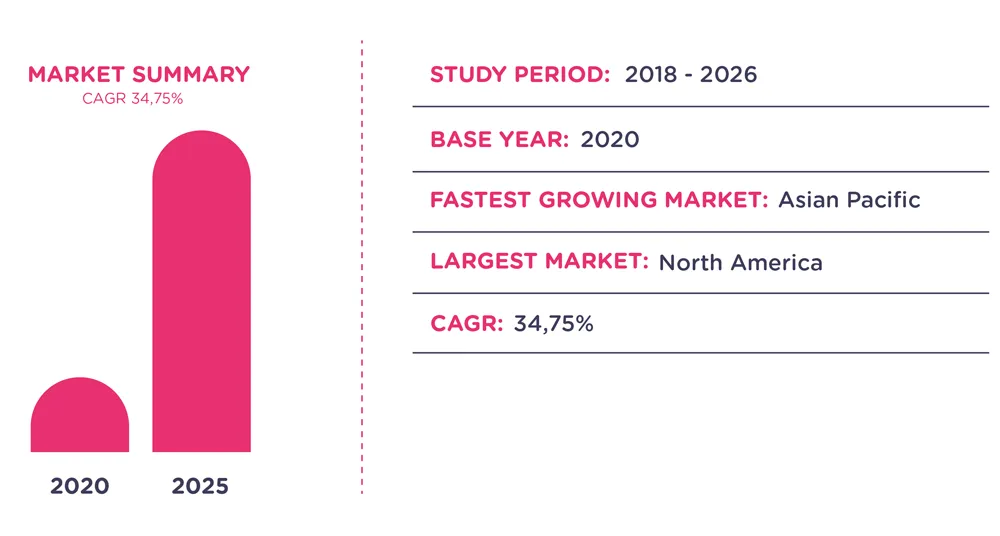
Source - MordorIntelligence
Key Features to Look for in an AI Chatbot Platform
When choosing an AI chatbot platform for your business, there are several key features to consider. These features will determine the functionality and effectiveness of the chatbot platform in meeting your business needs. Some important features to look for include:
- Natural Language Processing (NLP): A good AI chatbot platform should have advanced NLP capabilities to understand and interpret user queries and provide accurate responses.
- Integration Capabilities: The platform should seamlessly integrate with your existing systems, such as customer relationship management (CRM) software or e-commerce platforms, to provide a seamless customer experience.
- Customization Options: Look for a chatbot platform that allows you to customize the chatbot's appearance, behavior, and responses to align with your brand and meet your specific requirements.
- Analytics and Reporting: The platform should provide detailed analytics and reporting features to track the chatbot's performance, customer interactions, and identify areas for improvement.
- Security and Compliance: Ensure that the chatbot platform complies with relevant data protection and privacy regulations and has robust security measures in place to safeguard customer information.
By considering these key features, you can choose an AI chatbot platform that best suits your business needs and provides a seamless and effective customer experience.
How To Select Right AI Chatbot Platform
Selecting the right AI chatbot platform for your business requires careful consideration of various factors. Here are some key considerations to keep in mind:
- Scalability: Choose a platform that can handle your business's growth and can accommodate an increasing number of users and conversations without sacrificing performance.
- Ease of Use: The platform should be user-friendly and intuitive, allowing you to easily create, deploy, and manage chatbots without extensive technical expertise.
- Pricing Structure: Evaluate the pricing plans and options offered by different chatbot platforms. Consider your budget and the value provided by the platform to make an informed decision.
- Customer Support: Ensure that the platform offers reliable customer support to address any technical issues or queries that may arise during the implementation and operation of the chatbot.
- Industry Expertise: Some AI chatbot platforms specialize in certain industries or use cases. Consider whether the platform has experience and expertise in your industry to ensure it can meet your specific requirements.
By taking these considerations into account, you can select an AI chatbot platform that aligns with your business goals and requirements.
Top AI Chatbot Platforms in the Market (Not Sponsored!)
There are several AI chatbot platforms available in the market, each with its own unique features and capabilities. Some of the top platforms include:
-
Google Dialogflow:
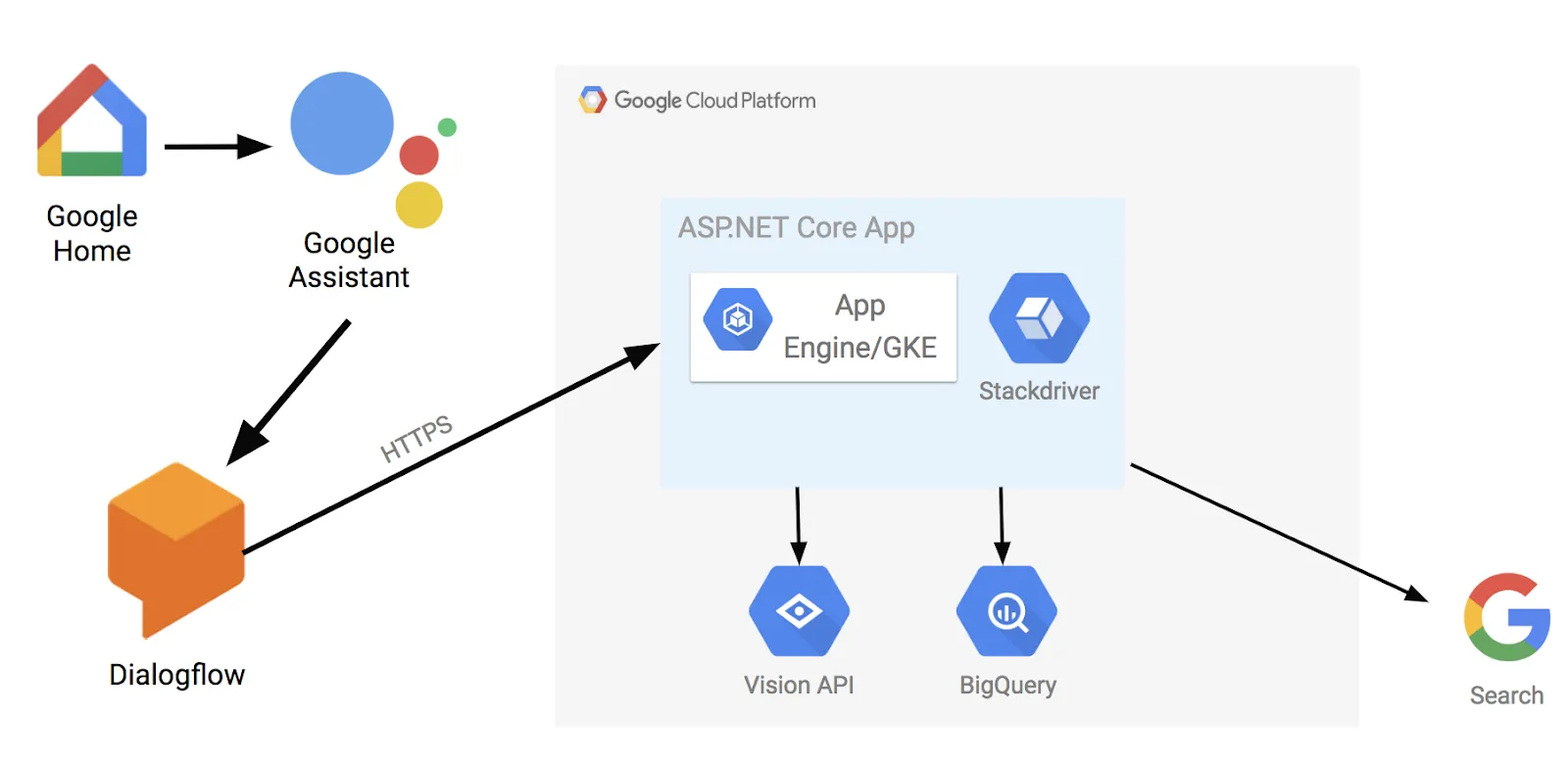
- Offers both basic (Dialogflow ES) and advanced (Dialogflow CX) editions, catering to simple and complex chatbot needs.
- Integrates with various Google products and supports multiple languages.
- Strengths: Easy to use, robust natural language processing (NLP), and extensive documentation.
- Use Cases: Customer service, lead generation, virtual assistants.
-
Microsoft Azure Bot Service:
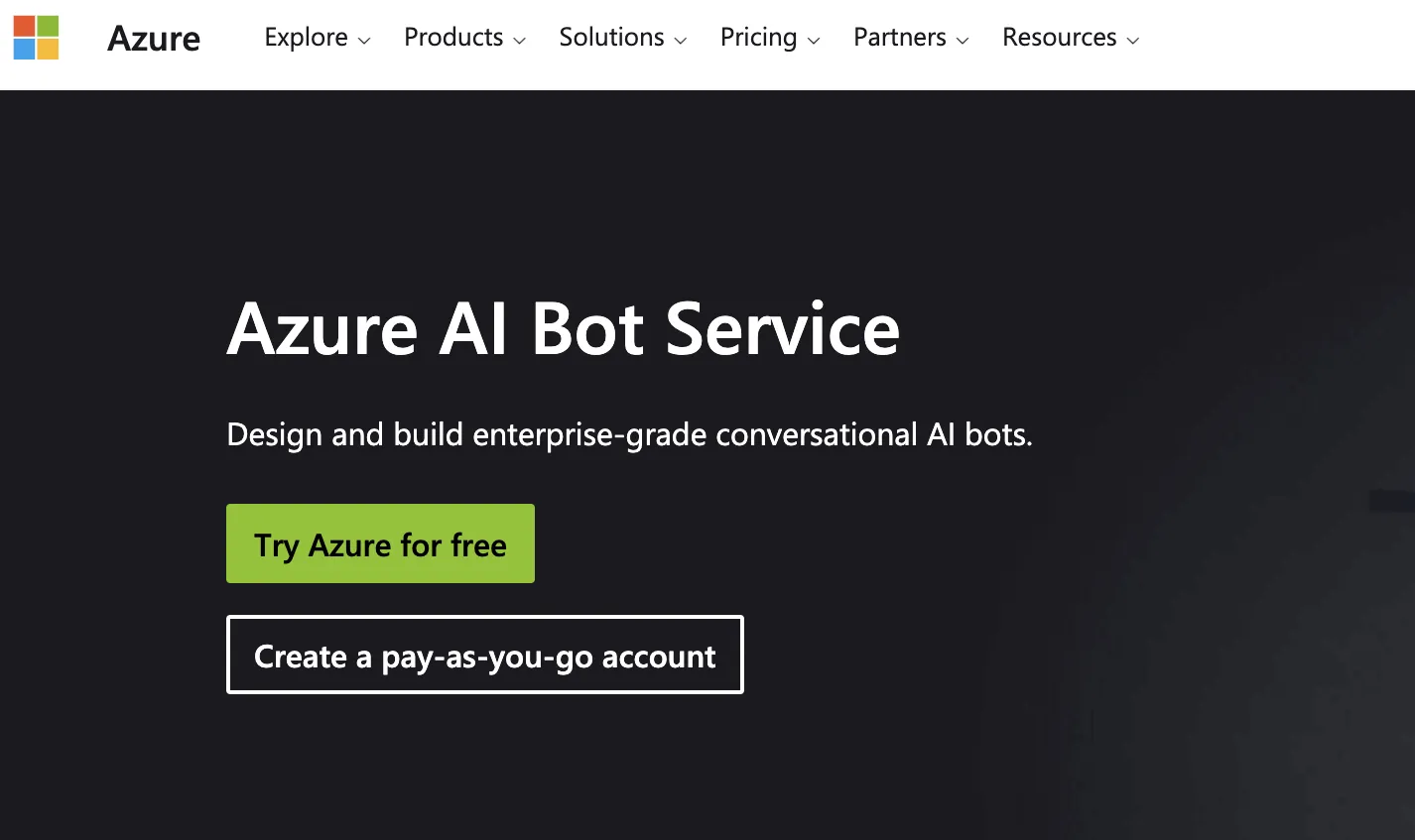
- Provides a comprehensive platform for building and deploying chatbots across channels like Microsoft Teams, Telegram, and Facebook Messenger.
- Offers powerful AI tools and integration with other Azure services.
- Strengths: Scalable, secure, and integrates seamlessly with the Microsoft ecosystem.
- Use Cases: Customer support, employee onboarding, internal communication.
-
Amazon Lex:
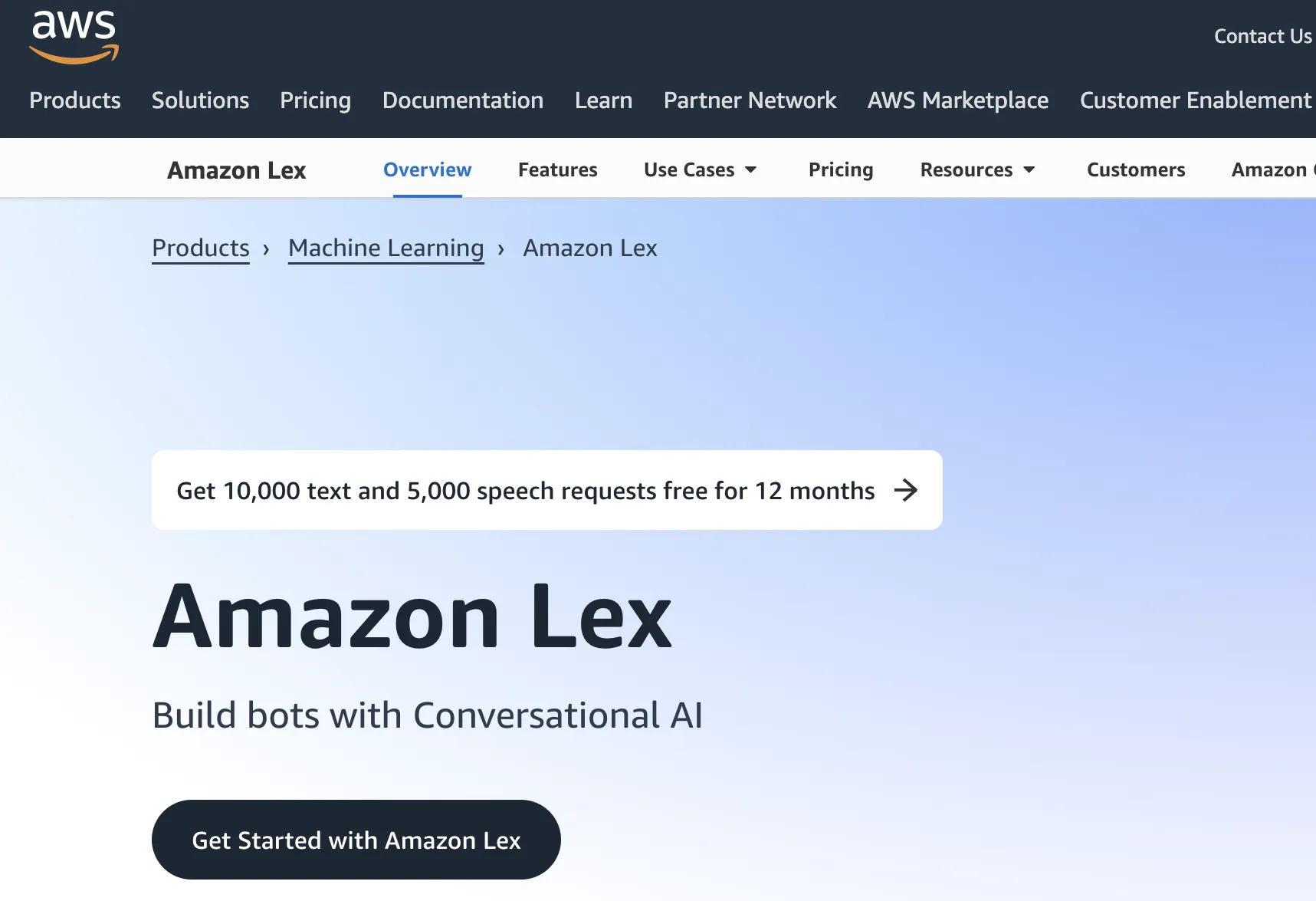
- Easy-to-use interface for building conversational AI applications.
- Offers pre-built templates and integrates with other AWS services like Amazon Connect for contact center solutions.
- Strengths: Cost-effective, serverless architecture, and tight integration with AWS services.
- Use Cases: Customer service, lead qualification, appointment scheduling.
-
ManyChat:
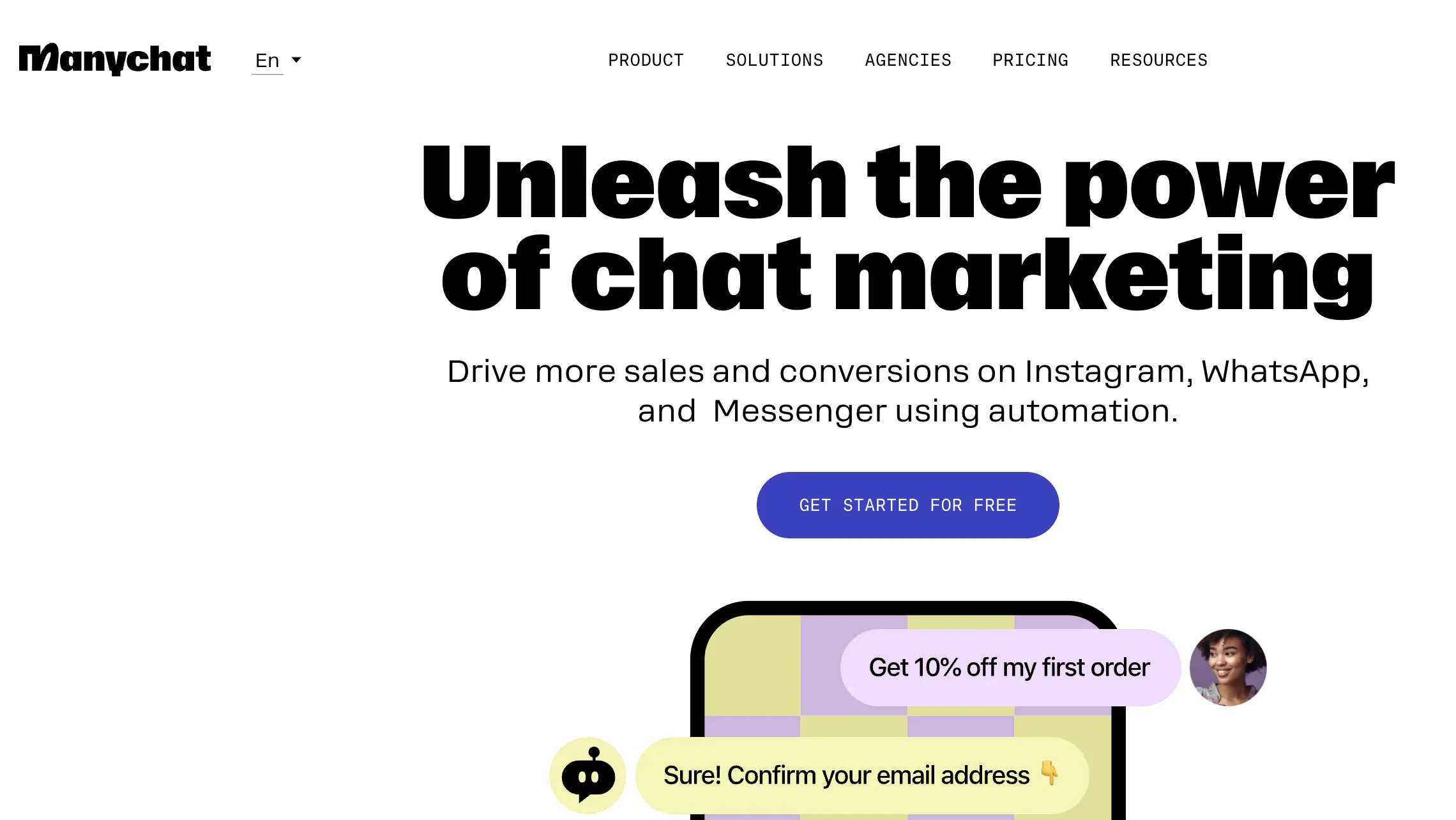
- No-code platform specifically designed for building Facebook Messenger chatbots.
- Offers features like automation, personalization, and rich media messages.
- Strengths: User-friendly interface, extensive marketing automation tools, and built-in analytics.
- Use Cases: Marketing campaigns, lead generation, customer engagement on Facebook Messenger.
-
Chatfuel:
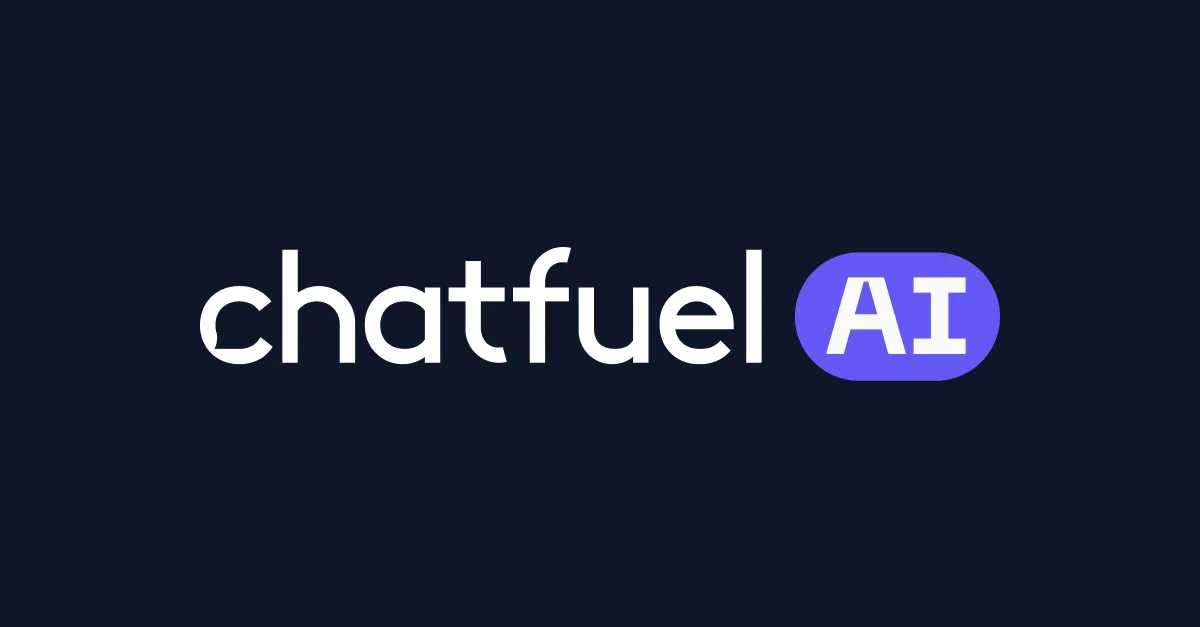
- Another no-code platform focused on building Facebook Messenger chatbots.
- Offers features like chat flows, broadcasts, and integrations with other marketing tools.
- Strengths: Easy to use, free plan available, and a large community of users.
- Use Cases: Marketing campaigns, customer support, appointment booking on Facebook Messenger.
These are just a few examples of the top AI chatbot platforms in the market. It's essential to evaluate each platform's features, pricing, and suitability for your business before making a decision.
Final Steps in Implementing Your Chosen AI Chatbot Platform
Once you have selected the AI chatbot platform that best fits your business needs, there are a few final steps to take in implementing it effectively:
- Define Chatbot Objectives: Clearly define the goals and objectives you want to achieve with your chatbot. Determine the specific tasks and interactions it should handle to provide value to your customers.
- Design Conversational Flows: Create conversational flows that guide users through interactions with the chatbot. Consider different user scenarios and design responses that are informative, engaging, and helpful.
- Test and Iterate: Thoroughly test the chatbot's functionality and performance before deploying it to live environments. Collect feedback from users and continuously iterate and improve the chatbot based on their input.
- Train the Chatbot: Train the chatbot using real customer interactions and data to improve its understanding and response accuracy. Regularly update and refine its training data to ensure optimal performance.
- Monitor and Optimize: Continuously monitor the chatbot's performance, customer feedback, and analytics. Identify areas for improvement and make necessary adjustments to enhance the chatbot's effectiveness.
By following these final steps, you can successfully implement your chosen AI chatbot platform and leverage its capabilities to enhance customer engagement and drive business growth.
FAQs
-
What are AI chatbot platforms?
AI chatbot platforms utilize artificial intelligence technology to create chatbots that can interact with customers and provide them with information, assistance, and support.
-
What are the benefits of AI chatbot platforms for businesses?
The benefits include 24/7 customer support availability, simultaneous handling of multiple conversations, efficient handling of large volumes of customer inquiries, personalized recommendations based on customer preferences, and collection of valuable data and insights about customer behavior.
-
What key features should I look for in an AI chatbot platform?
Key features to consider include natural language processing (NLP) capabilities, integration capabilities with existing systems, customization options, analytics and reporting features, and security and compliance measures.
-
How do I choose the right AI chatbot platform for my business?
Consider factors such as scalability, ease of use, pricing structure, customer support, and industry expertise when choosing an AI chatbot platform.
-
What are some of the top AI chatbot platforms in the market?
Some of the leading players include Google Dialogflow, Microsoft Azure Bot Service, Amazon Lex, ManyChat, and Chatfuel.
-
What are the final steps in implementing an AI chatbot platform?
Final steps include defining chatbot objectives, designing conversational flows, testing and iterating, training the chatbot, and monitoring and optimizing its performance.
References
- The Ultimate Guide to Chatbots: This comprehensive guide covers everything you need to know about chatbots, from what they are to how to build and deploy them.
- Chatbots Magazine: This online publication features articles, interviews, and case studies related to chatbots and conversational AI.
- The State of Chatbots Report: This annual report by Drift provides insights into the latest trends and statistics in the chatbot industry.
- Building Chatbots with Google Dialogflow: This official documentation from Google provides detailed information on how to create and deploy chatbots using the Dialogflow platform.
- Chatbots for Business: A Practical Guide: This book by Yannick Toutain and Juan Mercadal del Real explores the various applications of chatbots in different industries and provides practical guidance on implementation.




